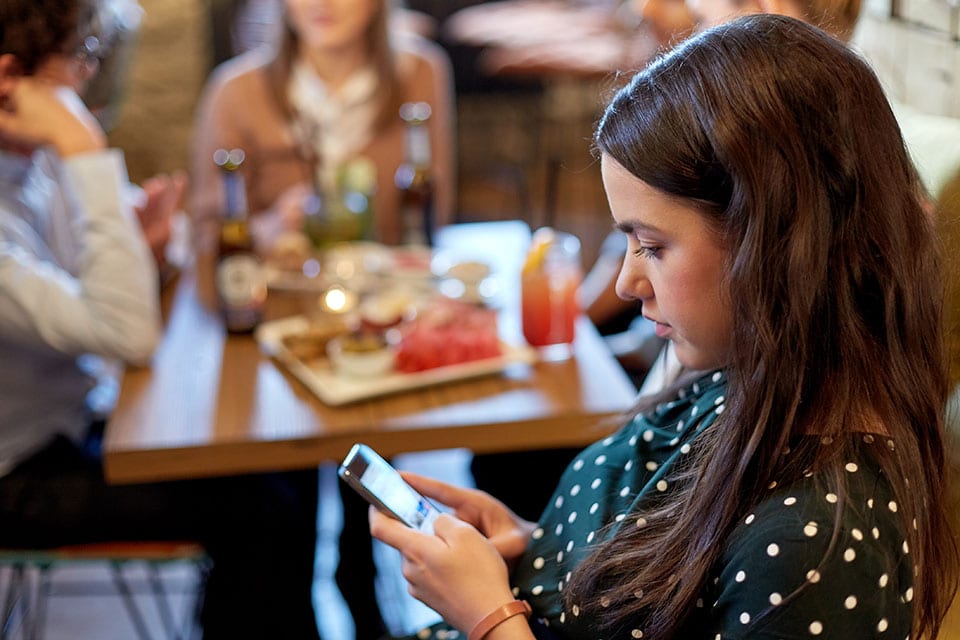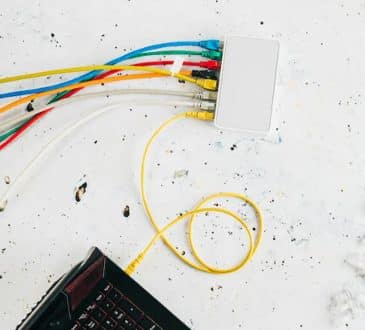10 Ways How Apps Are Changing Mental Health

Self-care is a big part of mental health. Learning to take responsibility for your life, accepting who you are, and taking care of your body and mind are big milestones in the path to personal growth. That’s why every professional recommends therapy.
But not everyone has the money nor the time to do therapy, especially in a world where social distancing is a thing. And even if you go to therapy, taking care of your mental health is more than just your sessions.
Mental health is learning to deal with the anxieties of your daily life, accepting your emotions, being mindful, living the present, and caring for yourself. These are skills you can practice and master at home. Software development companies have taken note of the increased interest in mental health and self-care in the last couple of years. We are seeing hundreds of new apps providing tools, tips, tricks, advice, and techniques for improving your health. In fact, these apps are ubiquitous but – how are they shaping the way we think about mental health?
- Meditate anywhere: People think that you need to sit down in a silent room in the lotus position with your eyes closed for hours to meditate. But apps like Calm show us otherwise. You don’t need incense and chimes, just a moment to relax and, if you are a beginner, a guide to follow. Walking meditation or open-eye meditation is a very simple and fun alternative to the traditional style. Keep track of your schedule as well as your mood before and after each exercise with the help of an app. Meditation helps your focus as well as your overall psychological wellbeing. It’s a perfect way to calm yourself during a crisis.
- Keep track of your unhealthy habits: One of the best therapeutic approaches to deal with addictions and unhealthy habits is cognitive-behavior therapy. One of its central tenets is that you need to become aware of your cravings as well as keep track of your habits. Habits are almost unconscious, we do them without thinking. Gain control over them by taking a moment to open an app and write down what you are doing (like calorie counters). When you make a conscious choice to write you are helping yourself think about your habit.
- Build healthy habits: Just like how tracking bad habits help your control over them, keeping track of good habits serves as a way to reinforce them. Track your habits on an app and set reminders for yourself until it becomes second nature. Also, some apps let you track your mood before and after activities (like workouts) so that you can see first-hand how your new habit is changing your lifestyle.
- Keep your support network close: Having people who care for you and keeping them close is very important for depression, anxiety, panic attacks, and social phobia. The fact that we can have our support network one tap away is very reassuring. notOk is a great example of an app that takes into account what a panic attack feels like. This app is just one big red button that you press and it sends your location to five contacts with a message asking for help. Perfect for emergencies or when the panic is so strong that you can barely think.
- Learn about your emotions: Many of us have a hard time understanding what we are feeling. Emotions are hard to describe and many of us were never taught how to process them correctly. Apps like What´s Up help you pinpoint your emotional world and understand it better. The more you know about it the easier it is to control.
- Control invasive thoughts: Invasive thoughts are automatic ideas that just appear in your mind, usually negative or harmful. Most of these thoughts are irrational, and once you identify them they are easy to control. Several apps offer quick guides to identify and challenge these ideas as well as a thought diaries so you can keep track of when they appear and what causes them.
- Professional help has never been easier to get: While research is still being done on the effectiveness of virtual therapy, more and more therapists are open to the idea of having online sessions. Facetime, Skype, Google hangouts and other platforms are perfect for people with very little time or who are unable to reliably get to their appointments.
- Meet up with others like you: Mental illness can sometimes make you feel like you are all alone. Even your closed ones want to help you, it´s hard since they don´t what you are going through. Thanks to social networks you can find support groups where you can exchange tips and words of endearment with others who share your experience.
- Gamifying mental health: Games have feedback circuits pretty figured out. By triggering the reward circuit in your brain they motivate you to repeat certain behaviors. A lot of apps have taken the idea of scores, badges, achievements, and trophies from games and applied to mental health exercises. What you get is a game-like experience that’s helping your wellbeing.
- Mental health professionals are making their apps: We are seeing more and more professionals hiring software development services to build custom apps for their practice. For example, ACTcompanion is the brainchild of Dr. Ross Harris and Anthony Berrick and it´s based on the exercises and techniques they use in psychotherapy.
As a final note: while I do hope that you find apps that can help you, please remember that no app is a substitute for a professional. If you feel depressed, anxious, or panicky seek help.
Have you read?
World’s Most Fashionable Countries.
Luxury Superyacht Charter with Aegean Luxury Yachting.
World’s Most Forested Countries.
World’s Most Trendiest Countries.
Add CEOWORLD magazine to your Google News feed.
Follow CEOWORLD magazine headlines on: Google News, LinkedIn, Twitter, and Facebook.
This report/news/ranking/statistics has been prepared only for general guidance on matters of interest and does not constitute professional advice. You should not act upon the information contained in this publication without obtaining specific professional advice. No representation or warranty (express or implied) is given as to the accuracy or completeness of the information contained in this publication, and, to the extent permitted by law, CEOWORLD magazine does not accept or assume any liability, responsibility or duty of care for any consequences of you or anyone else acting, or refraining to act, in reliance on the information contained in this publication or for any decision based on it.
Copyright 2024 The CEOWORLD magazine. All rights reserved. This material (and any extract from it) must not be copied, redistributed or placed on any website, without CEOWORLD magazine' prior written consent. For media queries, please contact: info@ceoworld.biz
SUBSCRIBE NEWSLETTER








